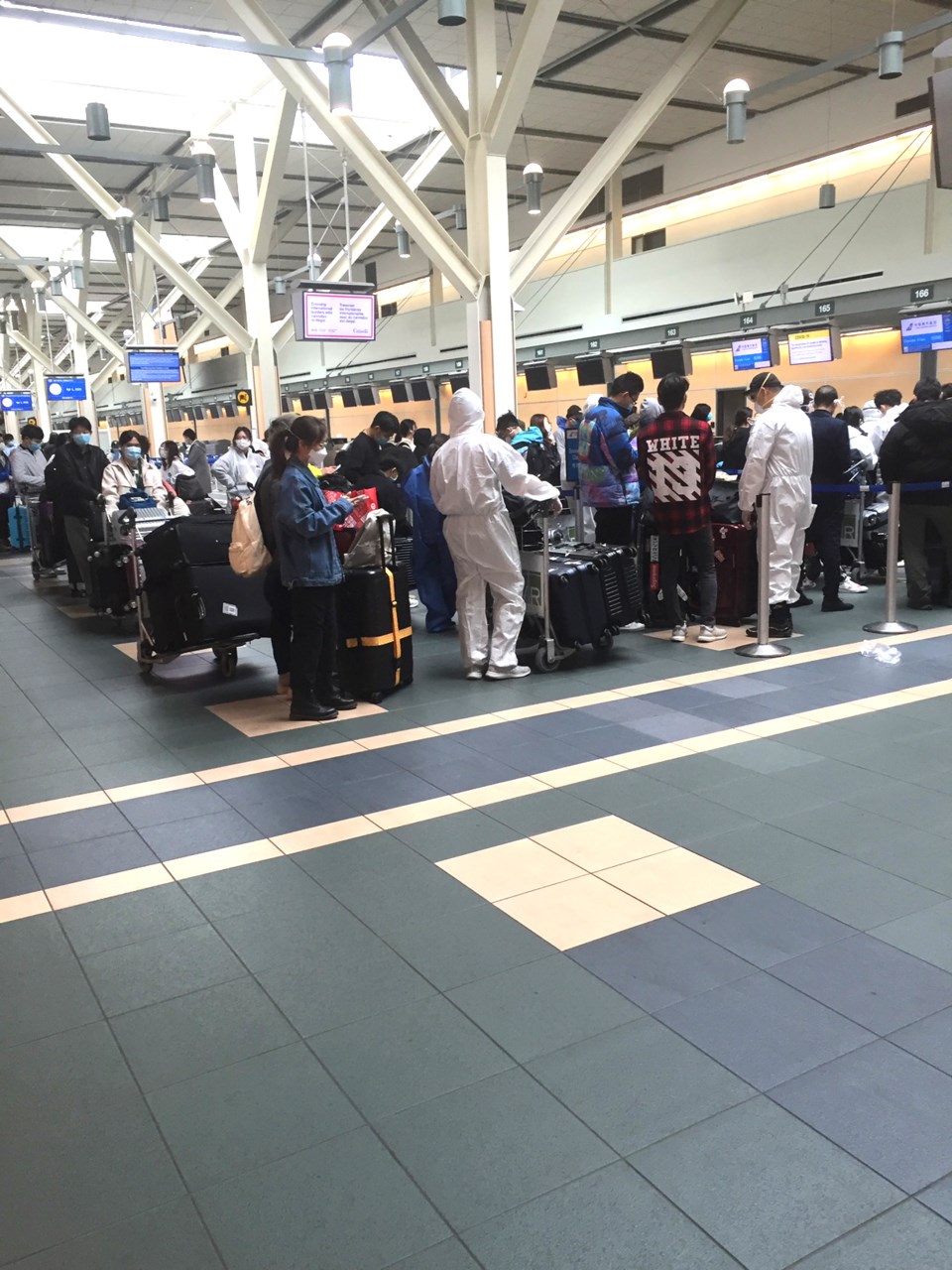It was probably one of the more mundane things our prime minister said during his morning briefing to the nation earlier this week.
Regardless, it’s what stuck with me.
I actually wrote it down somewhere, but given I did so before being adequately caffeinated, who knows where that scrap of paper is now.
Anyway, what he said had something to do with the fact we all “just want to get back to normal.”
But do we?
Obviously, we want this pandemic over.
Listening to some of the horror stories from doctors and nurses on the frontlines has literally brought me to tears. (I hope Trudeau is putting something aside for the PTSD counselling many of those folks are going to need when this is over.)
I could also do without the incessant handwashing, searching for toilet paper and trying to calculate which aisle to go down at the supermarket so as to keep my distance from others; as they say, six feet apart or six feet under.
Speaking of, going for a walk with my dad last weekend was a treat. He’s already hard of hearing, so with six feet between us, I was literally yelling at him. Hope everyone else on the dike enjoyed our fascinating conversation.
Still, “back to normal?” I’m not sure.
In fact, I think it’s time we start adopting a new normal. If we don’t, we may be right back here a few years down the road. A little more vigilance regarding hygiene is the most obvious thing we could change, but it goes far beyond that.
We need to think about how long-term care facilities are run. Granted, viruses happen and long-term care facilities house the most vulnerable population. So, not surprisingly, they’re hardest hit. Still, stories have emerged about both the Lynn Valley care home in North Vancouver and the Bobcaygeon care home in Ontario that point to possible reasons why these homes, in particular, became a virus’ dream.
This also leads into decisions we’ve made regarding health care in general. Funny how now, in a time of crises, money is no object, but when we should have been investing in, oh let’s say, a new north tower at Richmond Hospital, there were corporate tax cuts and investment in LNG instead.
Another thing we should consider as a new normal is working from home.
Frankly, I never would have thought we could put out a newspaper from our various dining rooms, bedrooms and basement bars...but here it is.
Not only that, but we’ve had plenty of conversation and social connection along the way thanks to Zoom, Slack, email and text. Granted, working remotely has its glitches, but if we are to keep this planet livable for future generations, we have to find more sustainable ways of working, and ditching regular hour-long commutes is one of them.
Also on the environment front, here’s a headline I read in Ensia, an online site that reports on the environment and human health. It reads, “Destruction of habitat and loss of biodiversity are creating the perfect conditions for diseases like COVID-19 to emerge.”
The article quotes David Quammen, author of Spillover: Animal Infections and the Next Pandemic who says, “We invade tropical forests and other wild landscapes, which harbor so many species of animals and plants — and within those creatures, so many unknown viruses...We disrupt ecosystems, and we shake viruses loose from their natural hosts. When that happens, they need a new host.
“Often, we are it.”
Point being, right now, the continued destruction of ecosystems is the norm. Hour-long commutes to work through the Lower Mainland is the norm. And, at some long-term care homes, though certainly not all, staff without paid sick leave and patient overcrowding is the norm.
So do we really want to get back to normal?
The death toll of 42,000 (and counting) is only part of the tragedy unfolding with this pandemic. In its wake, COVID-19 will also leave some profound physical, emotional and financial scars. We have a responsibility to not let that be in vain.
There are big lessons to learn here. Probably the biggest being that we are one humanity living on one planet. Let’s get our priorities straight. If there’s a silver lining, this crisis can help us do that.
For all the latest COVID-19 news, click here.



